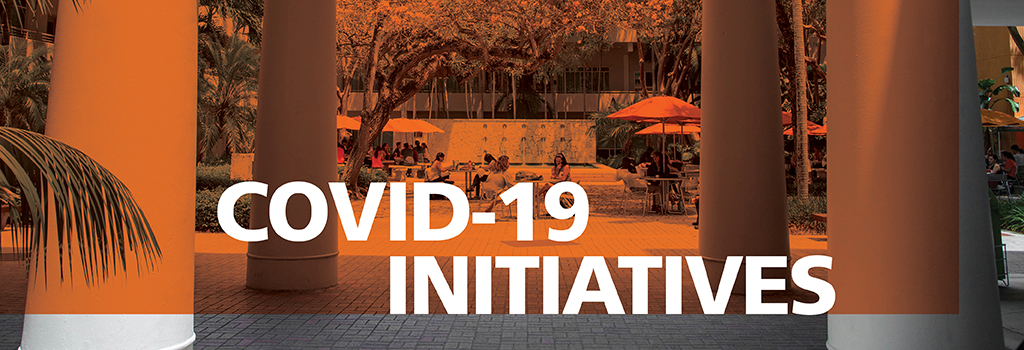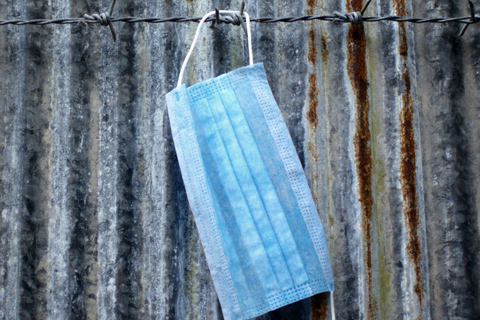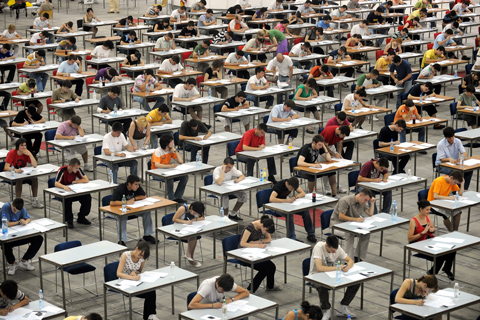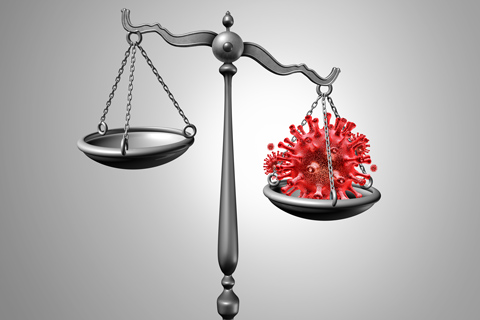
The University of Miami’s decision in early March to cancel on-campus classes and to discourage members of the community from coming to campus required an immediate pivot to remote, online instruction. Although Miami Law had innovatively explored online classes—including with its notable Law Without Walls (LWOW) program―the switch of over 300 classes to remote instruction within the span of a few weeks was an unprecedented leap ahead. Energetic and tech-savvy, Varona activated his administrative team and called on the highly skilled Miami Law IT and AV departments for a rapid assist to Miami Law’s deeply committed faculty.
Mindful of academic freedom, student concerns, and the need to adjust instruction to the unprecedented circumstances, the Miami Law faculty worked tirelessly to transition from brick-and-mortar classroom teaching to the new world of online legal education. Recognizing that no such lightning-fast transition would be seamless and that many students would be operating under challenging and even tragic conditions, the Miami Law faculty also decided to join most other law schools around the country in adopting a mandatory pass-fail grading system for spring semester’s classes. And recognizing the concerns of graduating students poised to take the Bar, Varona led 12 Florida law school deans in making a request to the Florida Supreme Court and The Florida Board of Bar Examiners to make adjustments to the administration of the Florida Bar Exam in light of the COVID-19 pandemic.
Throughout this period, Varona continued to emphasize the need to preserve and build community. In keeping with his temperamental preference for transparency and openness, he sought to keep the Miami Law network solid by continuously communicating with every Miami Law constituency. Through initiatives such as town halls with students, faculty, staff and alumni, “cafecitos with the Dean,” and alumni-led conversations about the legal job market, Varona committed to keeping students, faculty, staff, alumni, and the broader legal community in the loop regarding the law school’s response to the pandemic.
Varona also realized that another way of building community would be to showcase Miami Law’s rich intellectual life. In that spirit, Miami Law presented The Law of COVID-19, a trio of webinars on critical socio-legal issues raised by the pandemic and featuring the talent of its excellent faculty. On March 30th, April 7th, and April 14th, expert Miami Law and University of Miami faculty addressed civil and human rights, public health, financial stability, poverty, privacy, crime, and politics in free webinars open to the public. Attracting notable social media attention and a thousand registrants, these webinars demonstrated the powerful and cutting-edge analysis that makes the Miami Law faculty shine. Further programming of this kind is expected and will look to address critical issues such as COVID-19 and race.
Miami Law also offered a bookend for these traditionally scholarly inquiries by broadcasting a quartet of mindfulness practices directed to the legal community in recognition of the emotional challenges posed by pandemic conditions. Led by Miami Law’s Scott Rogers, a nationally-recognized expert in mindfulness and the law, participants dealing with the stresses of living and working in a pandemic were offered four “Mindfulness in Practice for the Legal Community During COVID-19” webinars.
Miami Law’s care for students, faculty, and the broader community was also evidenced in a notable variety of constructive engagements.
In March, the Miami Law Student Emergency fund was established with seed support from Patricia A. Whitely, Vice President, Student Affairs at the University of Miami and the Law Parents and Partners Committee. Dean of Students Janet Stearns and Assistant Dean for Development Georgina Angones mobilized generous Miami Law alumni and faculty to fund this initiative for students most hard-hit by COVID-19-related financial needs. Faculty, parents, alumni and friends have also stepped forward to provide Dean Janet Stearns the resources to offer direct relief to those students with acute financial need. Although born of this crisis, this fund will exist beyond the life of the pandemic to continue to serve law students most in need.
As students prepare for exams—a time when access to printers and paper is essential for reproducing notes and outlines, social distancing and closed campuses become obstacles to exam preparation. Responding to this new reality, the Law Alumni Association and the Law Parents and Partners Committee unanimously offered to provide a FedEx printing allocation for each of our students.
Miami Law has also started looking ahead, to the summer, for our students. As the pandemic will likely derail many off-campus summer employment opportunities, we are exploring the possibility of offering students the option to serve as part of a research assistant pool for faculty. In this capacity, students will enhance their research, writing, analytical and editing skills while simultaneously delving deeper into key areas of law and enjoying professional mentorship by faculty. This initiative will be funded through the generosity of donors who give to the Dean's Vision Fund which supports the School of Law's greatest needs.
Miami Law has also made significant efforts to support the larger community outside its walls. For example, even despite the public health crisis, Miami Law’s clinics have continued to fulfill their mission to represent the voiceless, vulnerable and most underrepresented in our community. In a federal lawsuit charging the U.S. immigration authorities with improperly ignoring Centers for Disease Control guidelines to reduce risk of contagion for detainees, the Miami Law Immigration Clinic successfully sued to obtain the release of hundreds of detainees at three South Florida detention facilities. In addition, the Miami Law Health Rights Clinic successfully assisted a homeless and severely disabled domestic violence survivor in applying for and obtaining Social Security and Medicaid benefits; armed with these benefits, she will now be able to secure permanent housing and receive necessary medical care.
The clinics are also providing vital aid to those who have been rendered financially vulnerable as a result of the crisis. For instance, the StartUp Practicum is advising several clients on the CARES Act Payroll Protection Program(PPP) and the SBA's Economic Injury Disaster Loan (EIDL) program. Professor Patricia Redmond, a Miami Law alumna, and her students in the Eleanor R. Cristol and Judge A. Jay Cristol Bankruptcy Pro Bono Assistance Clinic have also partnered with the Dade Legal Aid/Put Something Back program to staff pro bono telephone hotlines to answer financial questions and provide resources to address the crisis.
Miami Law’s HOPE Public Interest Resource Center has also been serving the community throughout the crisis by connecting law students eager to engage in pro bono advocacy with alumni at nonprofits and legal services agencies desperately in need of support. By sharing these opportunities with students and creating tools to assist these agencies with remote supervision, Miami Law is providing crucial support to the legal services agencies that need it most.
The culture of caring has also been evident among Miami Law students, who have banded together to support one another during this difficult time. Some students are sewing masks and participating in grocery runs for their peers. Others are connecting online by hosting virtual potlucks, movie and trivia nights, and open invitation study groups. Students are checking in on and looking out for one another—making sure that every student feels part of the Miami Law family—and every little gesture makes a difference.
"In this time of trial by fire," said Varona, "I could not have wished to have been part of a more dynamic and nimble community. As we contemplate the future, Miami Law will continue to stand out as a leader in our community and in our profession. The future is bright."
Readers can access dozens of other stories about Miami Law's reaction and action in the face of COVID-19 through the tiles below.








